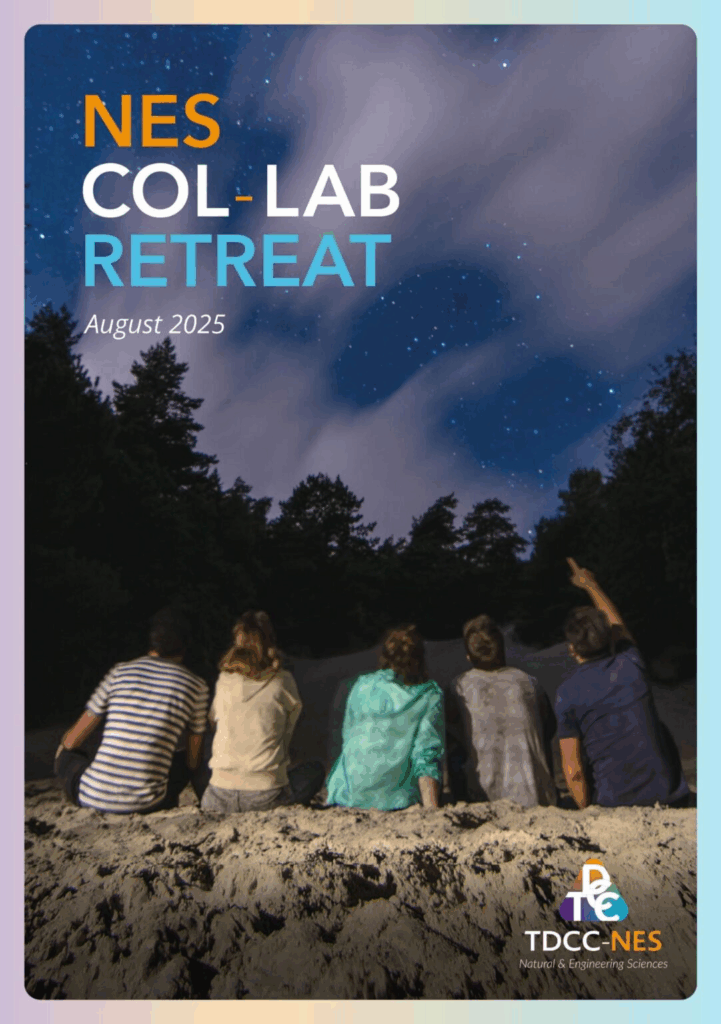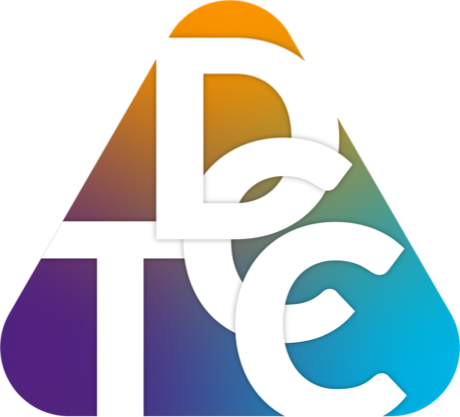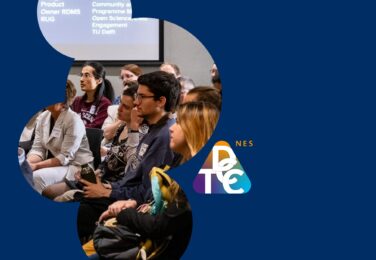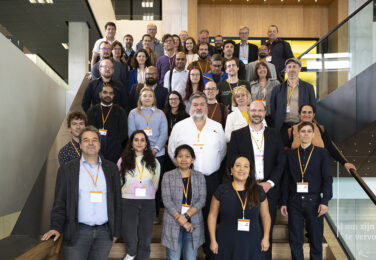Creating space for our community: the story of our NES Col-Lab Retreat
Creating space for our community: the story of our NES Col-Lab Retreat

How did we get to organising a retreat?
The role of the Thematic Digital Competence Centre (TDCC) for the Natural & Engineering Sciences (NES) is to identify challenges shared across the NES research domain and to initiate collaborative projects that bring together those with the digital competencies necessary to address them.
Because the NES domain in the Netherlands is fragmented and dedicated interdisciplinary support is often hidden or lacking peer connections, we decided to experiment with a new format: a retreat. Inspired by the model developed by Heidi Seibold for Open Science, this multi-day, unconference-style event empowers participants to take the lead exchanging ideas, developing projects, and exploring together what matters most for their community. We decided to call it a “Col-Lab” to reflect the importance of collaboration and experimentation – a collaboration laboratory.

‘The domain is extremely broad in terms of disciplines, in terms of challenges, in terms of needs, so it was nice to sit all together and understand if there are any commonalities and ways in which we can collaborate to address these’ Irene Bonati

What we worked on
The retreat brought together almost 30 participants from diverse institutions. Some were software or data professionals, some were researchers. Many wore multiple hats, a common reality in the NES domain. The group represented a good mix of experience: newcomers eager to explore what is available as well as seasoned professionals eager to share lessons learned, developments they had witnessed, and resources already created.

While most participants came from Dutch research institutes, we were also joined by guests from Germany, offering valuable international perspectives on the challenges we explored.
‘We were able to come up with a proposal to tackle persistent identifiers in cheminformatics and biology for workflows and tie to something which can turn out to be a joint effort by Scotland, Netherlands and Germany’ Christian Meesters
Over the course of three days, participants self-organised into working groups that tackled a range of pressing topics, including:
Software training – drafting a roadmap for a PhD software learning journey
Metadata and interoperability – with a focus on Electronic Lab Notebooks
AI-assisted coding – identifying best practices for this timely challenge
Communication and messaging – developing strategies that resonate with NES researchers and bridge the gap with support staff
Strategic foresight – using future scenarios to anticipate the evolving support needs for various NES disciplines

In addition to focused teamwork, participants also organised thematic sessions on tools like RSpace, citation tools and practices, sustainability in institutional policies, and the role of organisational endorsement for open-source software.

Snapshots from the working groups will be made available in our Zenodo community. TDCC-NES will continue to support participants in taking their ideas further, whether through co-organising events, publishing outputs, or even developing proposals for funding.The retreat experience

The beautiful surroundings of Schoorl: the dunes, blossoming heather, and the sea made the retreat an inspiring experience. A small participation fee covered a simple room and meals that were shared together. Participants highlighted how much they appreciated the chance to walk together, cycle through the dunes, and spend time outdoors. These shared moments created the kind of connections and energy that are rarely possible at a traditional conference.
‘The group work was very interesting – I was part of two sessions and both had interesting discussions and outputs. And in addition to that, there was a lot of individual engagement with people about the topics of mutual interest’ Rory Macneil

We are grateful to all participants for their openness and energy. A gathering is always a beginning, and we look forward to seeing how the ideas seeded in Schoorl will grow.
To stay informed about NES research data and software initiatives subscribe to the TDCC-NES mailing list.



